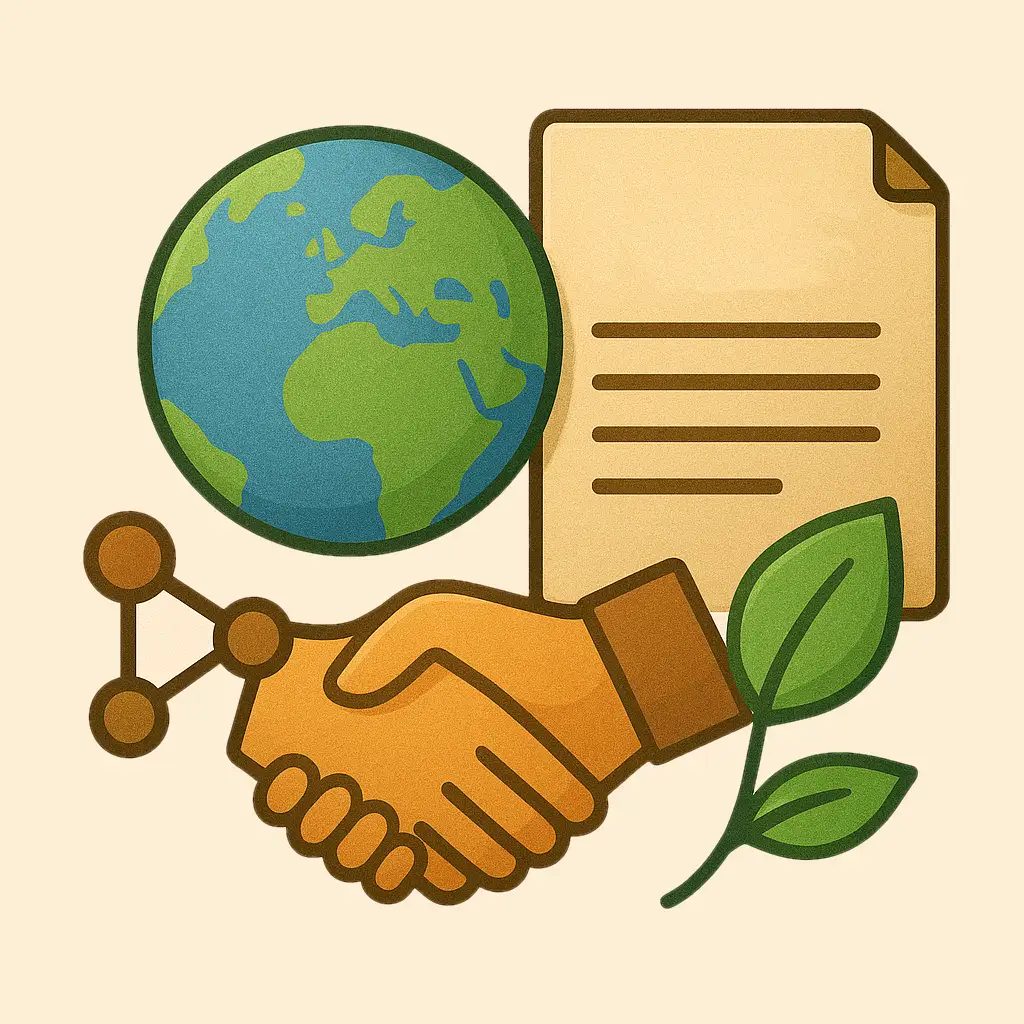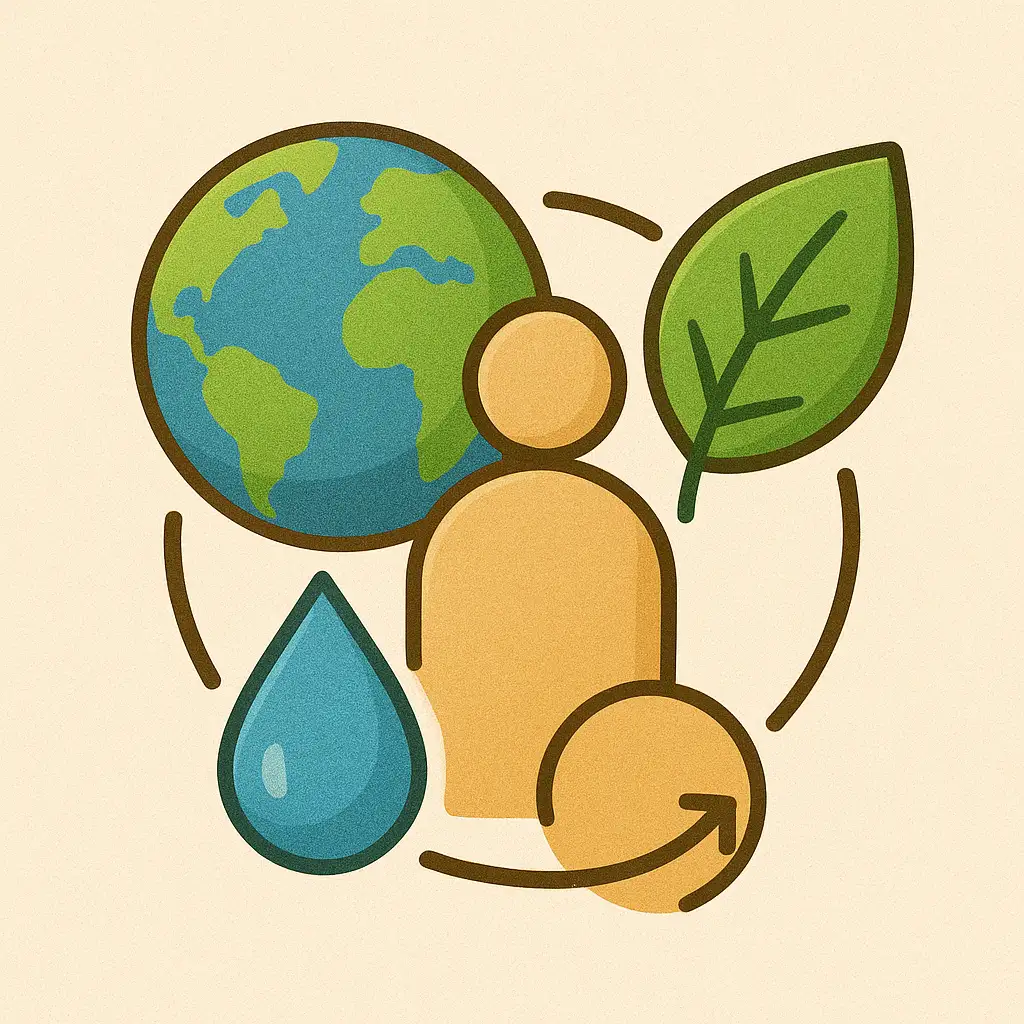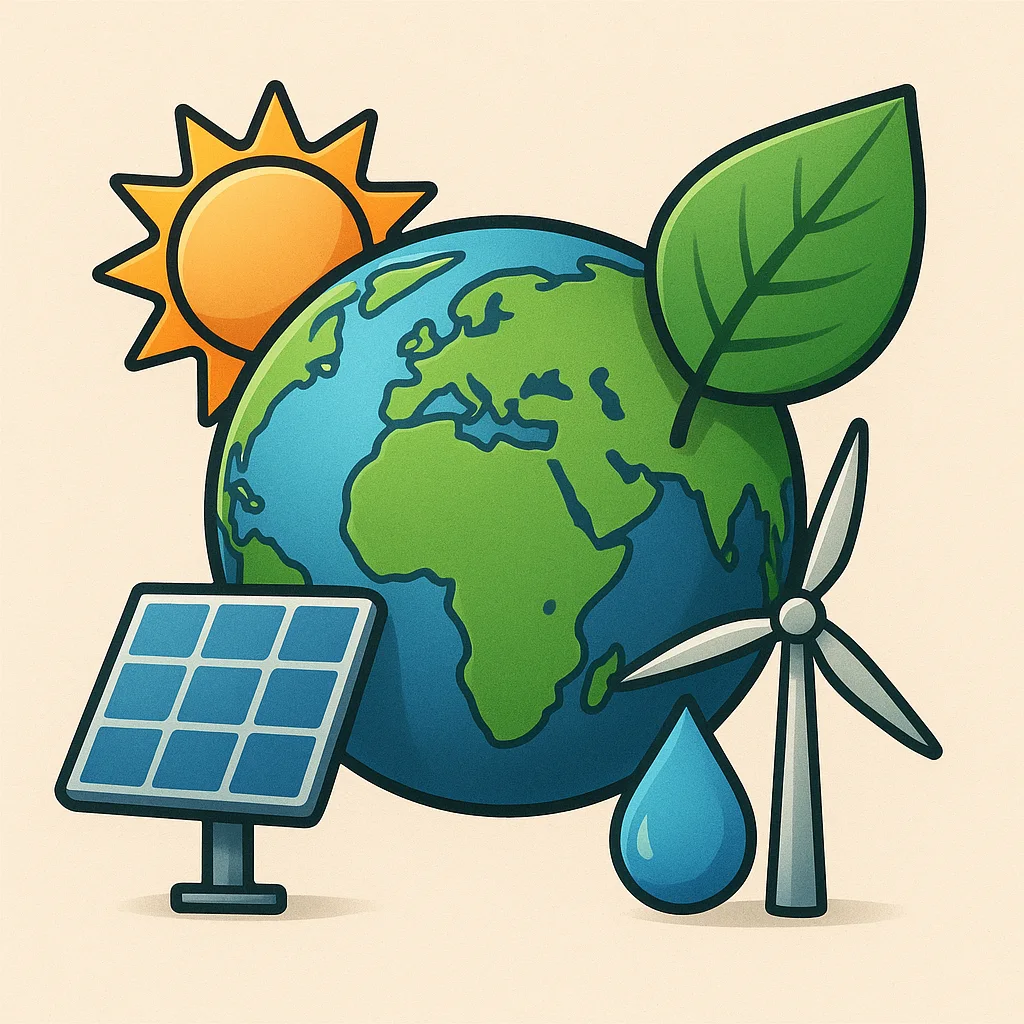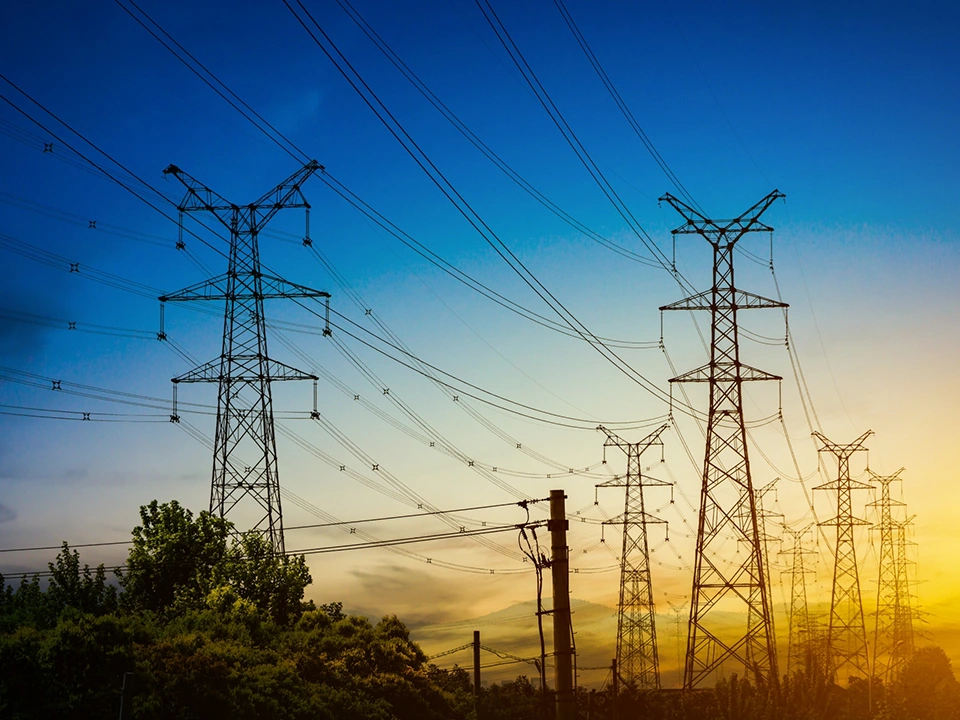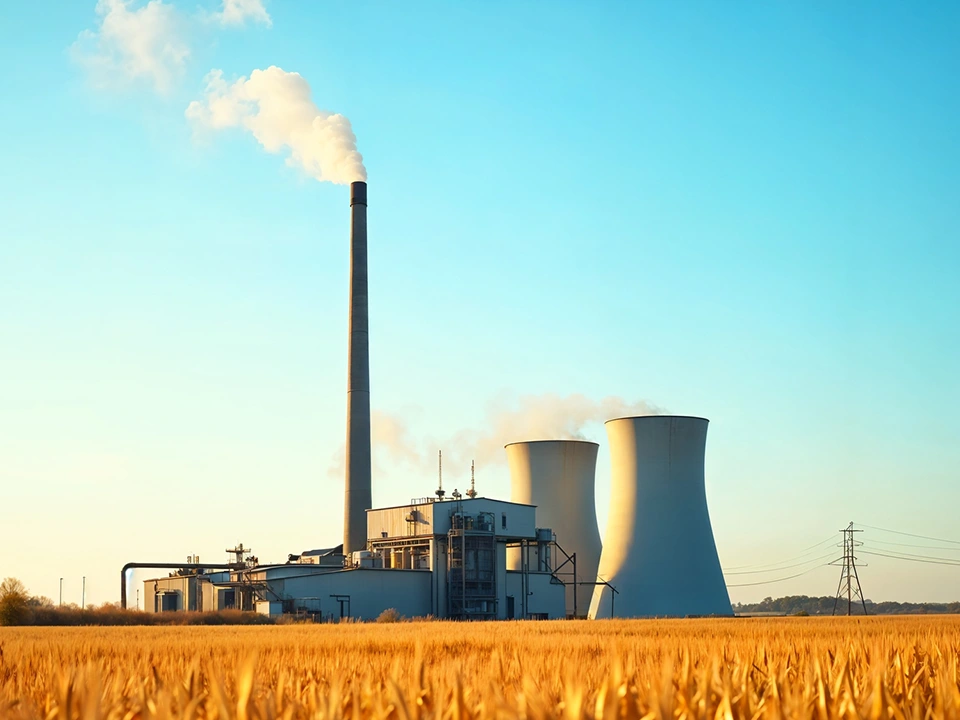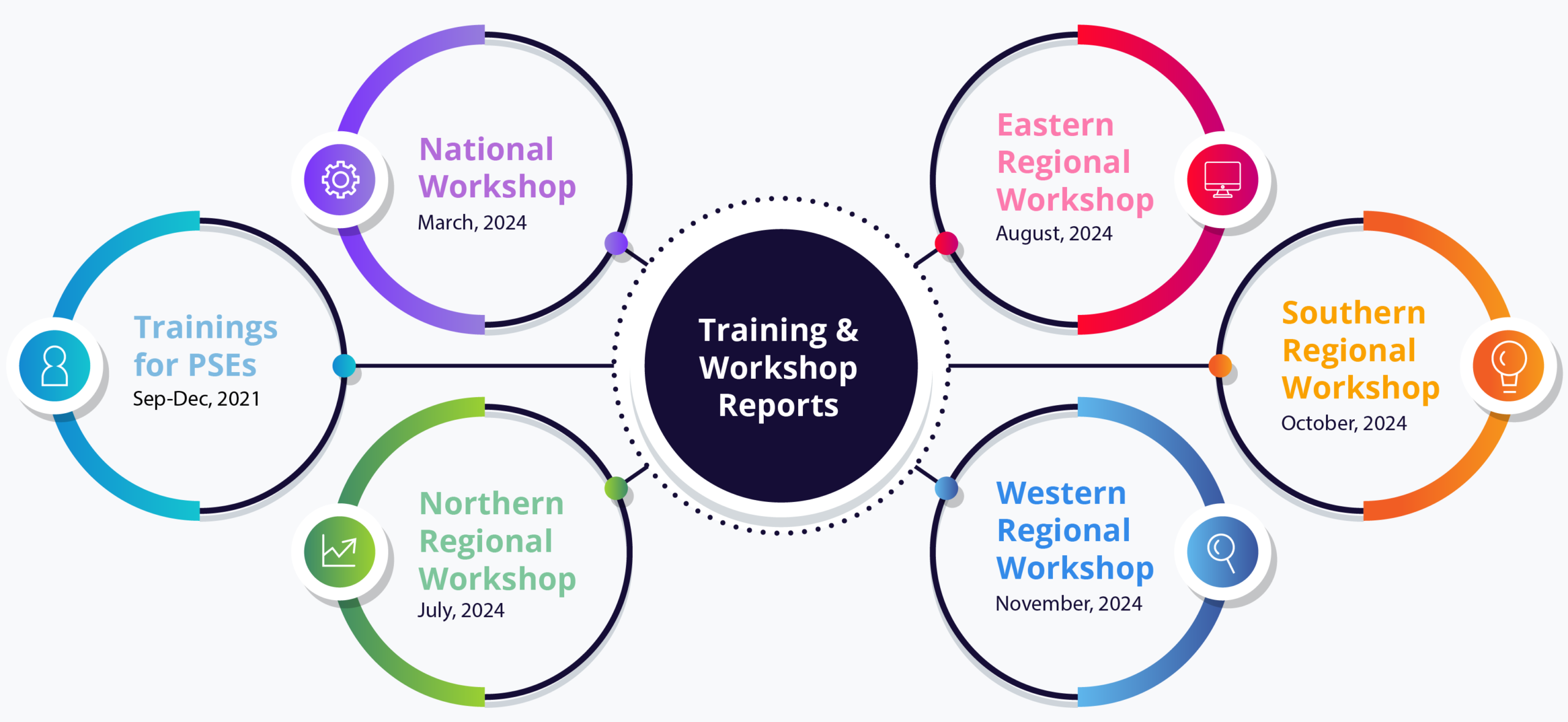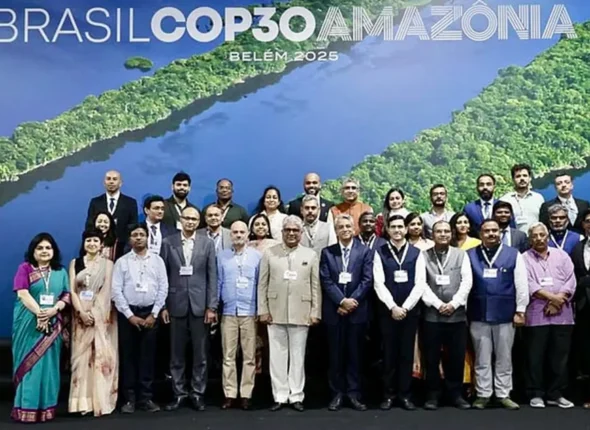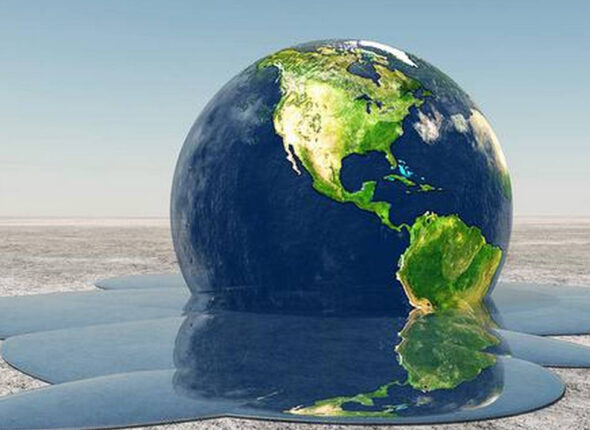Action by Indian Public Sector Enterprises” in Goa
Action by Indian Public Sector Enterprises” in Kolkata
Action by Indian Public Sector Enterprises” in Bengaluru
Get 2500+
Best Online Courses
From EduBlink

Instrunctor

Instactors


14%
PSE’s contribution to India’s GDP.

2
PSEs (GAIL and SAIL) worked on Internal Carbon Price among the first globally in the public sector

Over 20
PSEs committed Net Zero targets

Several PSEs pioneering efforts
on green hydrogen
India’s Climate Actions
PSE s' action on climate change
and environment

ONGC is passionately committed to leading the transition in low-carbon energy solutions, setting an – Oil and Natural Gas Corporation Limited (ONGC)

IndianOil is steadfast in its commitment to shaping the future of energy. The company has set a vis – Indian Oil Corporation of India Limited (IOCL)



Training for Public Sector Enterprises on Climate Change
(Training & Workshop Reports)

- Western Regional Workshop on the Role of Climate Co-benefit methodologies for Strengthening Climate Action by Indian Public Sector Enterprises (PSEs). November 28-29 2024, Courtyard by Marriott, Colva, Goa.
- Training for PSEs on Climate Change
- National Workshop – Decarbonisation of India’s Public Sector Enterprises (PSEs) and the role of Green Hydrogen, 12th March 2024, at SCOPE Convention Centre New Delhi
- Northern Regional Workshop on The Role of Climate Co-Benefit Methodologies for Strengthening Climate Action by Indian Public Sector Enterprises (PSEs). July 23rd and 24th 2024, SCOPE Convention Centre, Delhi, India
- Eastern Regional Workshop on The Role of Climate Co-Benefit Methodologies for Strengthening Climate Action by Indian Public Sector Enterprises (PSEs). August 30th 2024, Lemon Tree Premiere, New Town, Kolkata
- Southern Regional Workshop on the Role of Climate Co-Benefit Methodologies for Strengthening Climate Action by Indian Public Sector Enterprises. October 17, 2024, Country Inn & Suites by Radisson, Bengaluru.
SCOPE Publications & Studies
 SCOPE Study – Initiatives towards building a low carbon economy
SCOPE Study – Initiatives towards building a low carbon economy
To achieve national climate mitigation goals, Public Sector Enterprises (PSEs) must play a crucial role. Recognizing this, SCOPE and GIZ sought to highlight innovative technologies, practices, and processes adopted by PSEs to maintain performance while prioritizing climate sensitivity. This Compendium serves as a repository of unique technological advancements, showcasing how 26 ‘Ratna’ PSEs integrate sustainability into their operations. I extend my sincere gratitude to these PSEs for their transparency in sharing insights, which can serve as a benchmark and guide other organizations in balancing commercial prudence with climate resilience for a sustainable future.
Download – SCOPE Study – Initiatives towards building a low carbon economy 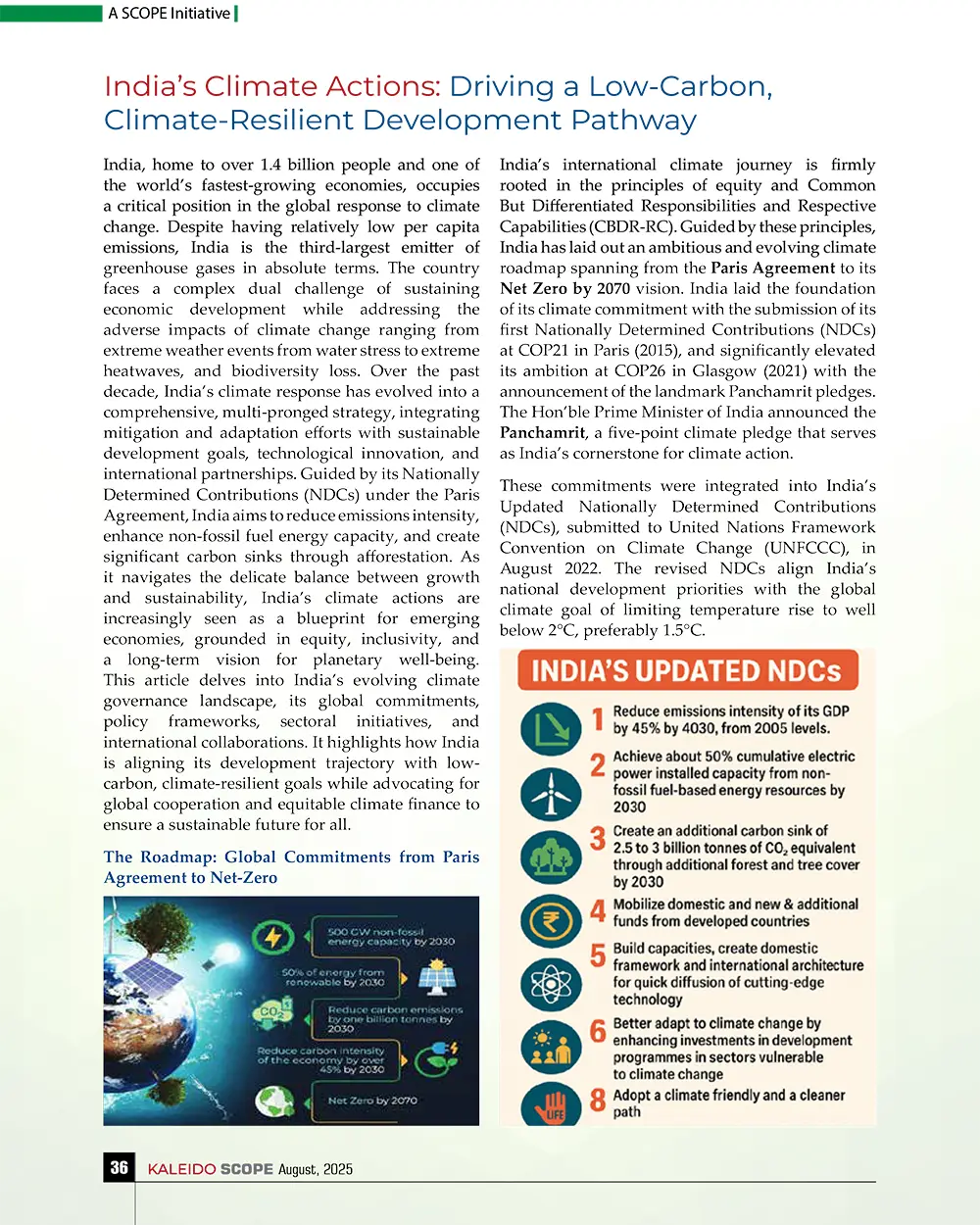 Kaleidoscope – August 2025
Kaleidoscope – August 2025
Over the past decade, India’s climate response has evolved into a comprehensive, multi-pronged strategy, integrating mitigation and adaptation efforts with sustainable development goals, technological innovation, and international partnerships. Guided by its Nationally Determined Contributions (NDCs) under the Paris Agreement, India aims to reduce emissions intensity, enhance non-fossil fuel energy capacity, and create significant carbon sinks through afforestation. As it navigates the delicate balance between growth and sustainability, India’s climate actions are increasingly seen as a blueprint for emerging economies, grounded in equity, inclusivity, and a long-term vision for planetary well-being. This article delves into India’s evolving climate governance landscape, its global commitments, policy frameworks, sectoral initiatives, and international collaborations. It highlights how India is aligning its development trajectory with lowcarbon, climate-resilient goals while advocating for global cooperation and equitable climate finance to ensure a sustainable future for all.
Download – Kaleidoscope – August 2025 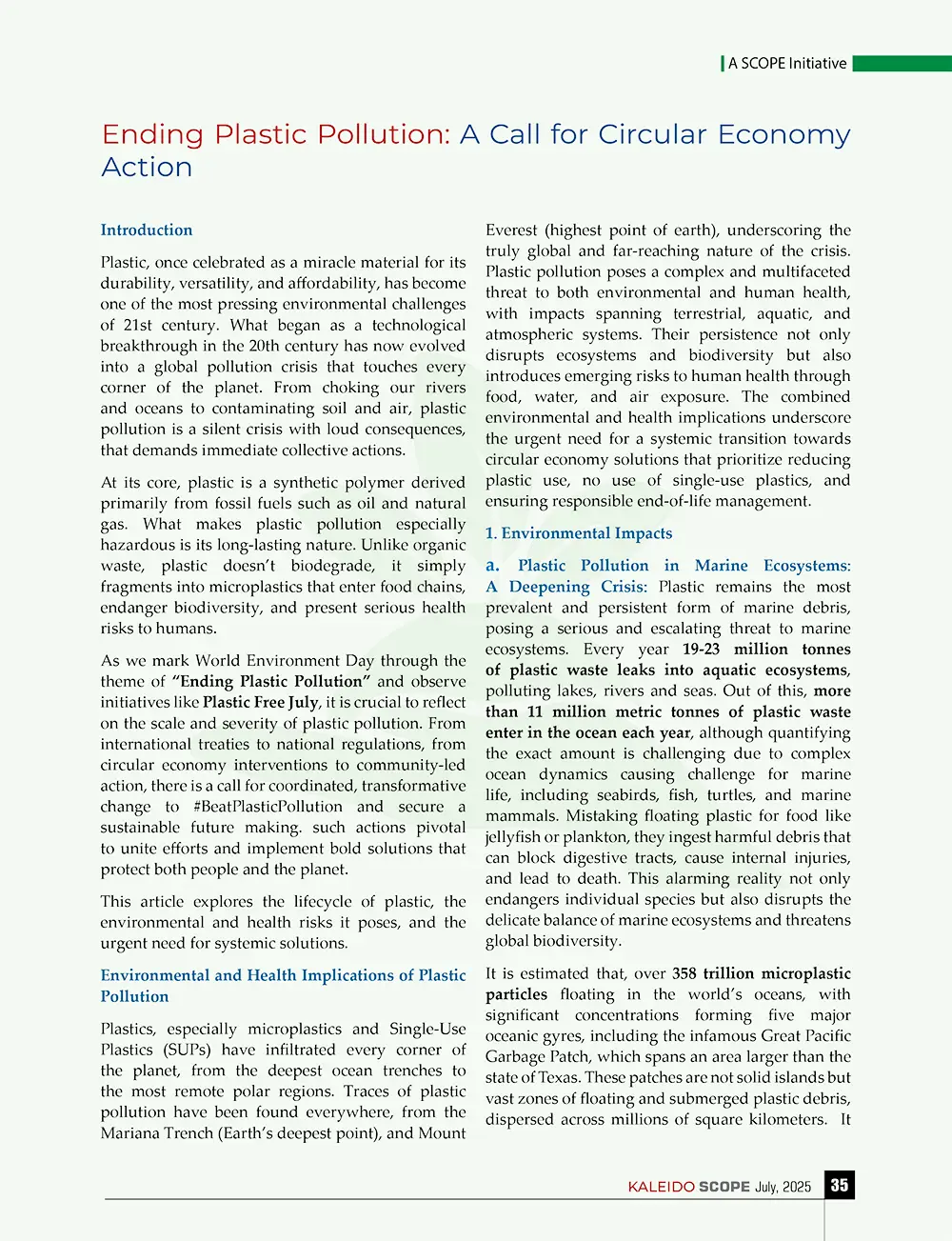 Kaleidoscope – July 2025
Kaleidoscope – July 2025
Plastic, once celebrated as a miracle material for its durability, versatility, and affordability, has become one of the most pressing environmental challenges of 21st century. What began as a technological breakthrough in the 20th century has now evolved into a global pollution crisis that touches every corner of the planet. From choking our rivers and oceans to contaminating soil and air, plastic pollution is a silent crisis with loud consequences, that demands immediate collective actions. This article explores the lifecycle of plastic, the environmental and health risks it poses, and the urgent need for systemic solutions.
Download – Kaleidoscope – July 2025 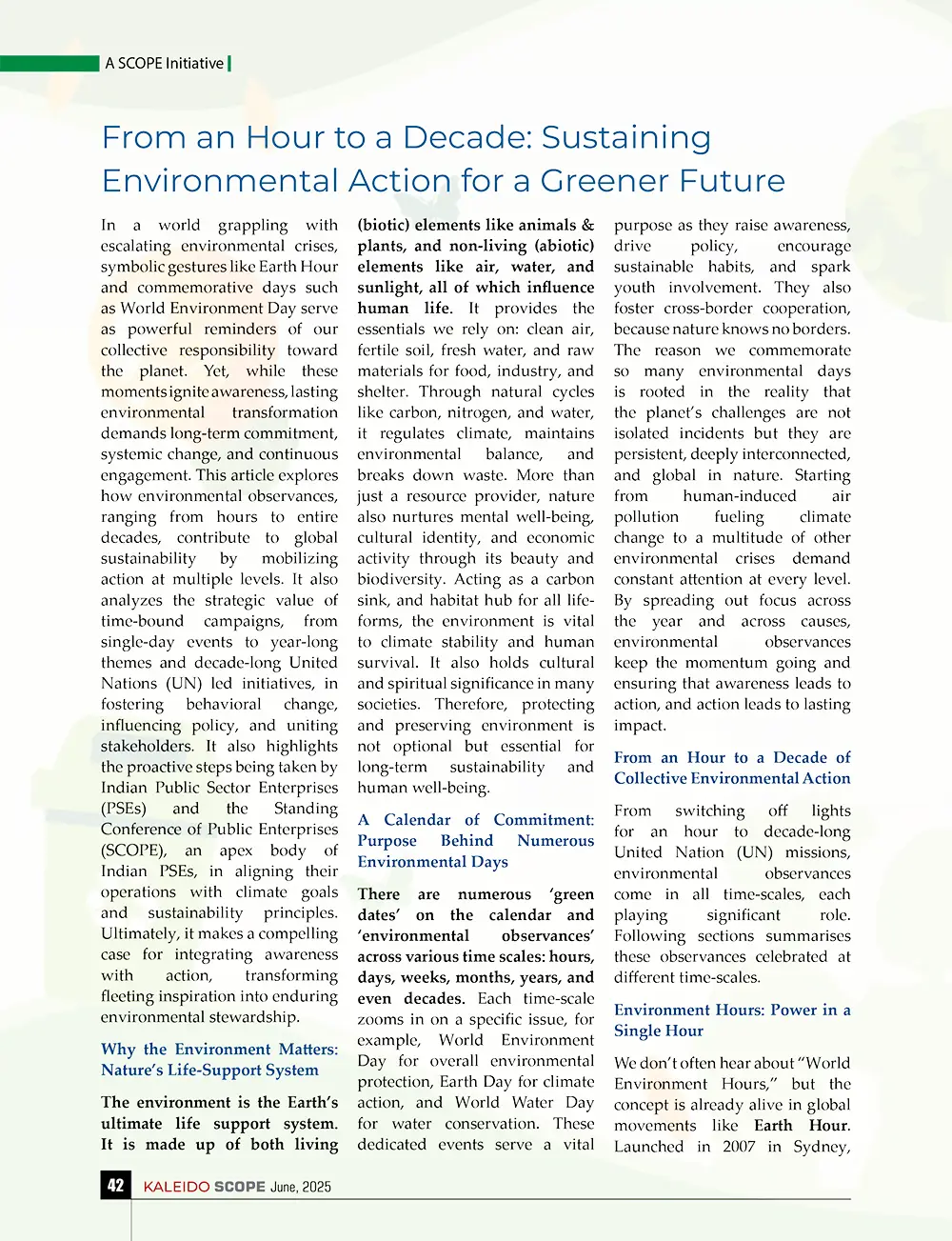 Kaleidoscope – June 2025
Kaleidoscope – June 2025
In a world grappling with escalating environmental crises, symbolic gestures like Earth Hour and commemorative days such as World Environment Day serve as powerful reminders of our collective responsibility toward the planet. Yet, while these moments ignite awareness, lasting environmental transformation demands long-term commitment, systemic change, and continuous engagement. This article explores how environmental observances, ranging from hours to entire decades, contribute to global sustainability by mobilizing action at multiple levels. It also analyzes the strategic value of time-bound campaigns, from single-day events to year-long themes and decade-long United Nations (UN) led initiatives, in fostering behavioral change, influencing policy, and uniting stakeholders. It also highlights the proactive steps being taken by Indian Public Sector Enterprises (PSEs) and the Standing Conference of Public Enterprises (SCOPE), an apex body of Indian PSEs, in aligning their operations with climate goals and sustainability principles. Ultimately, it makes a compelling case for integrating awareness with action, transforming fleeting inspiration into enduring environmental stewardship.
Download – Kaleidoscope – June 2025  Kaleidoscope – May 2025
Kaleidoscope – May 2025
The climate system is a complex network of Earth’s components – the atmosphere (air), hydrosphere (water), cryosphere (ice), lithosphere (solid surface), and biosphere (living organisms) that interact to regulate the planet’s climate. Maintaining balance among these elements is crucial for climate stability. However, human activities have increasingly disrupted this balance, leading to the current global climate crisis. Within this system, some components are resilient, while others are highly vulnerable. When these vulnerable parts reach critical thresholds, they can trigger abrupt and often irreversible changes known as tipping points. This article examines the growing significance of climate tipping points, identifies key tipping elements at risk, and explores their interconnections. It also discusses the uncertainty surrounding these tipping points and emphasizes the importance of positive tipping points in mitigating climate risks.
Download – Kaleidoscope – May 2025 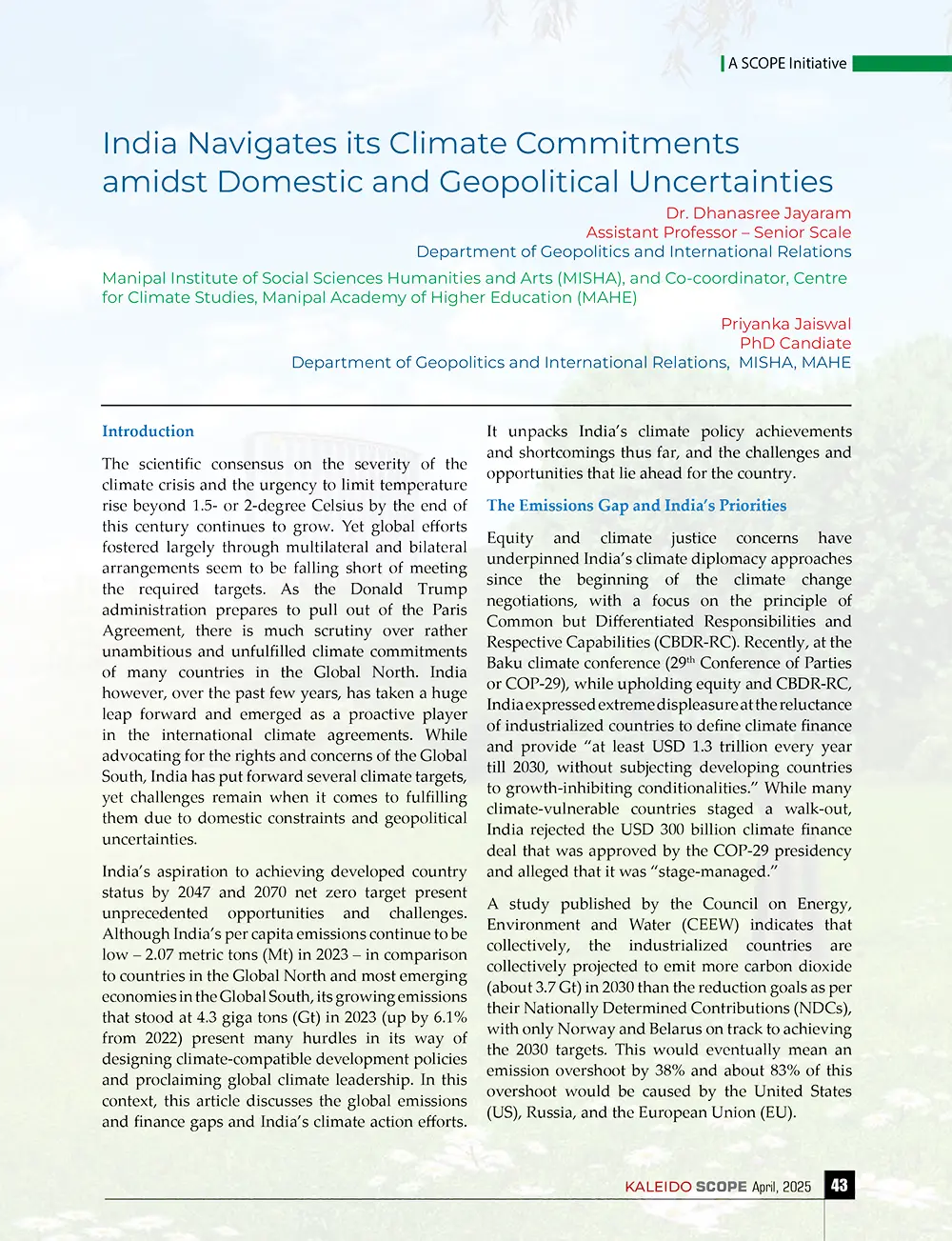 Kaleidoscope – April 2025
Kaleidoscope – April 2025
The scientific consensus on the severity of the climate crisis and the urgency to limit temperature rise beyond 1.5- or 2-degree Celsius by the end of this century continues to grow. Yet global efforts fostered largely through multilateral and bilateral arrangements seem to be falling short of meeting the required targets. As the Donald Trump administration prepares to pull out of the Paris Agreement, there is much scrutiny over rather unambitious and unfulfilled climate commitments of many countries in the Global North. India however, over the past few years, has taken a huge leap forward and emerged as a proactive player in the international climate agreements. While advocating for the rights and concerns of the Global South, India has put forward several climate targets, yet challenges remain when it comes to fulfilling them due to domestic constraints and geopolitical uncertainties.
Download – Kaleidoscope – April 2025  Kaleidoscope – March 2025
Kaleidoscope – March 2025
Climate change is a pressing global challenge with far-reaching impacts on biodiversity and human well-being. However, its effects are not evenly distributed, disproportionately affecting marginalized communities, especially women. Traditional gender roles often increase women’s vulnerability, highlighting that climate change is not gender-neutral. This article examines the gendered dimensions of climate change, exploring ecofeminism and women-led climate initiatives. It also addresses barriers to tackling gender-specific impacts and emphasizes the need for gender-responsive policies. Lastly, it reviews global, national (with a focus on India), and organizational policies, including those by Public Sector Enterprises (PSEs) and SCOPE, to promote equitable solutions.
Download – Kaleidoscope – March 2025 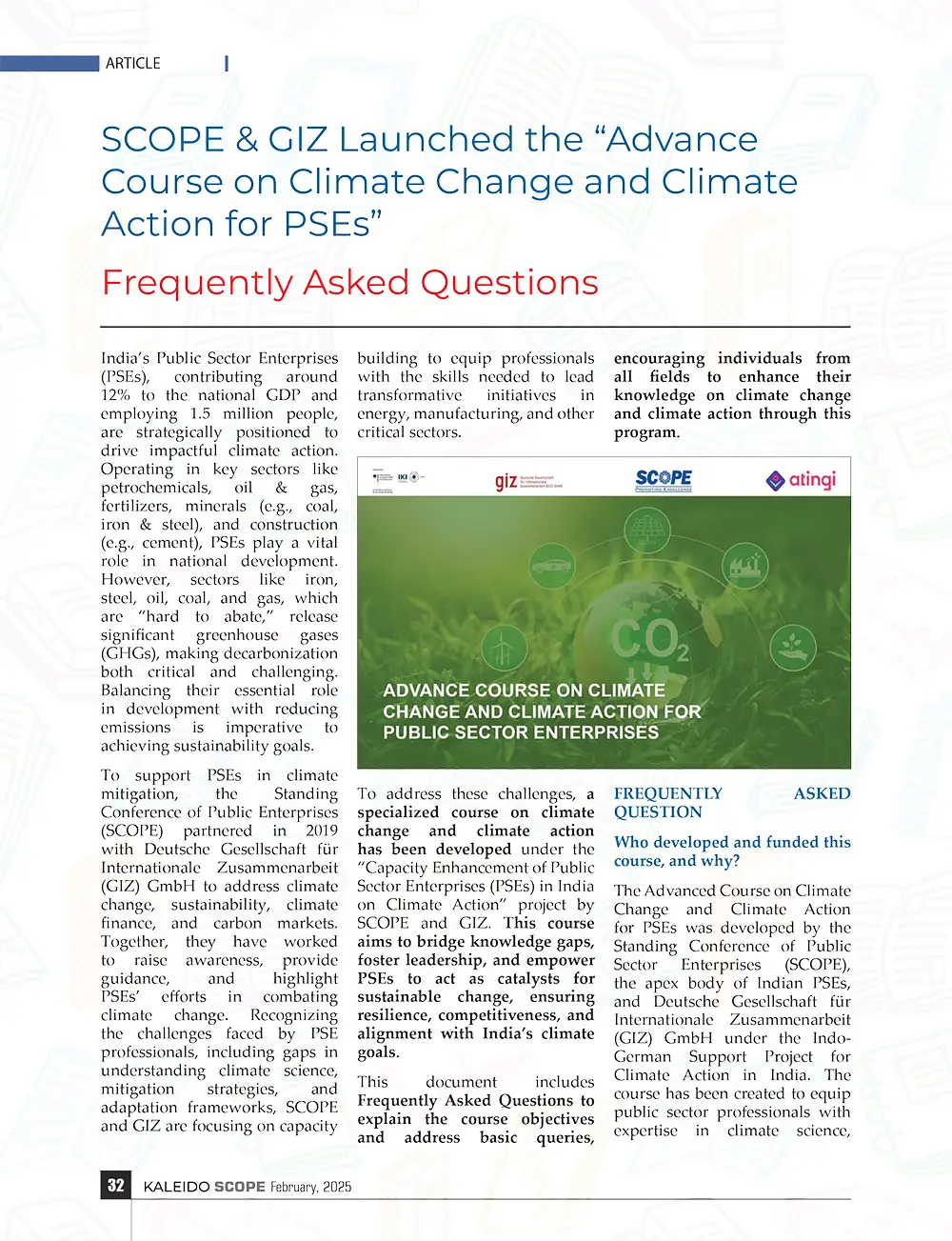 Kaleidoscope – February 2025_1
Kaleidoscope – February 2025_1
To support PSEs in climate mitigation, the Standing Conference of Public Enterprises (SCOPE) partnered with Deutsche Gesellschaft für Internationale Zusammenarbeit (GIZ) GmbH in 2019 to address climate change, sustainability, finance, and carbon markets. Their collaboration focuses on awareness, guidance, and capacity building to equip PSE professionals with essential skills. Under the “Capacity Enhancement of PSEs in India on Climate Action” project, a specialized course has been developed to bridge knowledge gaps and foster leadership. This document includes FAQs to explain course objectives, address key queries, and encourage individuals from all sectors to enhance their understanding of climate action.
Download – Kaleidoscope – February 2025_1
 Kaleidoscope – February 2025_2
Kaleidoscope – February 2025_2
Green hydrogen is becoming a key pillar in the global shift toward sustainable energy. Produced via water electrolysis using renewable energy, it generates minimal greenhouse gas emissions, making it a clean and adaptable energy carrier. Among various hydrogen types, green hydrogen is gaining momentum for its role in decarbonizing hard-to-electrify sectors and supporting climate goals. It also fosters economic growth, energy security, and resilience. Governments and industries are investing in strategies, infrastructure, and technologies to overcome challenges. This article explores hydrogen classification, green hydrogen’s potential, its applications, and the global and national landscape, highlighting key opportunities and challenges.
Download – Kaleidoscope – February 2025_2 Kaleidoscope – January 2025
The global battle against climate change has reached a crucial point, with nations working toward ambitious Paris Agreement targets. Among G20 countries, India stands out as a key player, showing significant progress in climate action despite developmental challenges. This article examines India’s global climate performance, comparing it with G20 counterparts and analyzing the factors behind its success. Additionally, it explores the vital role of Public Sector Enterprises (PSEs) in advancing sustainable development goals, highlighting their contributions to India’s climate commitments and overall efforts toward a low-carbon, resilient future.
Download – Kaleidoscope – January 2025
 Kaleidoscope – December 2024
Kaleidoscope – December 2024
The 29th Conference of the Parties (COP29) under the United Nations Framework Convention on Climate Change (UNFCCC) took place in Baku, Azerbaijan, from November 11 to 22, 2024. Building on the progress of previous COPs, COP29 prioritized translating commitments into actionable outcomes, with a strong focus on advancing adaptation strategies, enhancing mitigation efforts, and establishing innovative financing mechanisms while maintaining a focus on equity and the principles of common but differentiated responsibilities and respective capabilities. Against a backdrop of intensifying climate challenges and complex political dynamics, COP29 underscored a renewed global commitment to combating climate change. This article highlights major achievements and decisions that emerged from COP29.
Download – Kaleidoscope – December 2024  Kaleidoscope – November 2024
Kaleidoscope – November 2024
As the world turns its attention to the 29th Conference of the Parties (COP29) to the United Nations Framework Convention on Climate Change (UNFCCC), the stakes have never been higher. With the global community grappling with record-breaking temperatures, worsening natural disasters, and growing political and social pressure, COP29 is poised to be a pivotal moment in shaping the future of climate solutions. This article highlights recent major climate summits and outlines expectations for COP29, aiming to foster effective solutions that genuinely tackle the scale of the crisis.
Download – Kaleidoscope – November 2024  Kaleidoscope – October 2024
Kaleidoscope – October 2024
Governments, businesses, and educational institutions are increasingly recognizing the importance of fostering green skills to meet the demands of a transitioning economy, as investing in green skills offers an opportunity to create jobs, drive innovation, and ensure environmental stewardship. This article explores how green skills are reshaping the future of work, their pivotal role in advancing sustainability, and their potential to unlock both economic and environmental benefits for a greener and more inclusive world.
Download – Kaleidoscope – October 2024  Kaleidoscope – September 2024
Kaleidoscope – September 2024
Scientific research is essential in tackling climate challenges, providing evidence-based insights into climate systems, drivers, and solutions. Climate change, influenced by both natural and human factors, requires a deep understanding to predict future scenarios and develop effective mitigation and adaptation strategies. The Intergovernmental Panel on Climate Change (IPCC), a UN body of climate experts, plays a key role in this effort. Through its reports, the IPCC offers critical scientific guidance, helping governments, businesses, and organizations craft policies that mitigate climate risks while promoting sustainability. This article examines the IPCC’s impact as a science-driven body shaping global climate action.
Download – Kaleidoscope – September 2024  Kaleidoscope – August 2024
Kaleidoscope – August 2024
This article focuses on forestry initiatives and the single-use plastic (SUP) ban as climate actions with multiple co-benefits. Additionally, it explores how the Standing Conference of Public Enterprises (SCOPE) is assisting Public Sector Enterprises (PSEs) in India to leverage these climate actions by measuring and quantifying their environmental and societal impacts through the institutionalization of climate co-benefit methodologies.
Download – Kaleidoscope – August 2024  Kaleidoscope – July 2024
Kaleidoscope – July 2024
In this article, we will delve into the myriad ways that sustainable policies not only address climate change but also create a ripple effect of positive outcomes. By exploring these climate co-benefits, we can better appreciate the comprehensive value of adopting green practices and policies, ultimately reinforcing the necessity for swift and decisive action in our efforts to build a resilient and green future.
Download – Kaleidoscope – July 2024  Kaleidoscope – June 2024
Kaleidoscope – June 2024
The World Environment Day (WED) is celebrated annually on 5th June. This day serves as a rallying cry of millions of people around the world for raising awareness on environmental protection and sustainability. But when and how did this pivotal day originate? What is its significance? How has it evolved over time? This article is an attempt to answer these and other questions by tracing the journey of the Environment Day from being the nascent environmental movement beginning in the 20th century to the global phenomenon it has become today.
Download – Kaleidoscope – June 2024  Kaleidoscope – May 2024
Kaleidoscope – May 2024
As the world faces the urgent need for collective climate action, India’s role in climate diplomacy has become increasingly crucial. With a large population, a rapidly growing economy, and high climate vulnerability, India must balance environmental responsibility with development goals. Despite challenges, it has emerged as a key player in global climate negotiations. India’s approach has evolved from cautious participation to proactive leadership, reflected in its 7th position in the Climate Change Performance Index 2024. This article explores India’s climate diplomacy, its policies, partnerships, and challenges in navigating international climate negotiations while striving for sustainability and economic growth.
Download – Kaleidoscope – May 2024  Kaleidoscope – April 2024
Kaleidoscope – April 2024
On the 12th of March 2024, under the Indo-German Support Project for Climate Action in India, a workshop on ‘Decarbonization of PSEs and the Role of Green Hydrogen for Public Sector Enterprises (PSEs)’ was organized by the Standing Conference of Public Sector Enterprises (SCOPE), GIZ India and the Indo-German Energy Forum. It provided a ‘Multi-Level Perspective’ on the ongoing climate action developments in India, particularly decarbonization-related transformations at three levels, namely across the ‘landscape’ (policies, regulations, finance mechanisms), in existing ‘systems’ and evolving ‘innovations’. During the workshop, a comprehensive study “Decarbonizing India – Potential for Electrification across India’s Economy & Assessment of Electricity Needs” was released. The article provides a brief insight into the solutions, ongoing efforts and financing mechanisms that were discussed.
Download – Kaleidoscope – April 2024  Kaleidoscope – March 2024
Kaleidoscope – March 2024
Climate change is one of the greatest threats to humanity, worsening social, economic, and environmental inequalities, disproportionately affecting vulnerable communities. While environmental issues were discussed in early UN scientific conferences, a structured climate action plan emerged only with the establishment of the Intergovernmental Panel on Climate Change (IPCC) in 1988. The IPCC’s reports influenced major global decisions, including the Rio Declaration and the UNFCCC. The UNFCCC, established in 1994, led to the Conference of the Parties (COP), where global stakeholders collaborate on climate action. This article provides FAQs on COP, highlighting its significance in addressing climate change.
Download – Kaleidoscope – March 2024 
Kaleidoscope – January 2025
India’s Climate Action Performance Globally: Leading the Way Among G20 Nations
Download – Kaleidoscope – January 2025
 Kaleidoscope – December 2024
Kaleidoscope – December 2024
The 29th Conference of the Parties (COP29) under the United Nations Framework Convention on Climate Change (UNFCCC) took place in Baku, Azerbaijan, from November 11 to 22, 2024. Building on the progress of previous COPs, COP29 prioritized translating commitments into actionable outcomes, with a strong focus on advancing adaptation strategies, enhancing mitigation efforts, and establishing innovative financing mechanisms while maintaining a focus on equity and the principles of common but differentiated responsibilities and respective capabilities. Against a backdrop of intensifying climate challenges and complex political dynamics, COP29 underscored a renewed global commitment to combating climate change. This article highlights major achievements and decisions that emerged from COP29.
Download – Kaleidoscope – December 2024
 Kaleidoscope – November 2024
Kaleidoscope – November 2024
As the world turns its attention to the 29th Conference of the Parties (COP29) to the United Nations Framework Convention on Climate Change (UNFCCC), the stakes have never been higher. With the global community grappling with record-breaking temperatures, worsening natural disasters, and growing political and social pressure, COP29 is poised to be a pivotal moment in shaping the future of climate solutions. This article highlights recent major climate summits and outlines expectations for COP29, aiming to foster effective solutions that genuinely tackle the scale of the crisis.
Download – Kaleidoscope – November 2024
 Kaleidoscope – October 2024
Kaleidoscope – October 2024
Governments, businesses, and educational institutions are increasingly recognizing the importance of fostering green skills to meet the demands of a transitioning economy, as investing in green skills offers an opportunity to create jobs, drive innovation, and ensure environmental stewardship. This article explores how green skills are reshaping the future of work, their pivotal role in advancing sustainability, and their potential to unlock both economic and environmental benefits for a greener and more inclusive world.
Download – Kaleidoscope – October 2024
 Kaleidoscope – September 2024
Kaleidoscope – September 2024
Through its comprehensive reports, IPCC provides offers valuable insights on the physical science of climate change that guide governments, businesses, and organizations in developing policies that mitigate climate risks while fostering sustainable development. This article explores the pivotal role of the IPCC as a science-driven body shaping international climate action.
Download – Kaleidoscope – September 2024
 Kaleidoscope – August 2024
Kaleidoscope – August 2024
This article focuses on forestry initiatives and the single-use plastic (SUP) ban as climate actions with multiple co-benefits. Additionally, it explores how the Standing Conference of Public Enterprises (SCOPE) is assisting Public Sector Enterprises (PSEs) in India to leverage these climate actions by measuring and quantifying their environmental and societal impacts through the institutionalization of climate co-benefit methodologies.
Download – Kaleidoscope – August 2024
 Kaleidoscope – July 2024
Kaleidoscope – July 2024
In this article, we will delve into the myriad ways that sustainable policies not only address climate change but also create a ripple effect of positive outcomes. By exploring these climate co-benefits, we can better appreciate the comprehensive value of adopting green practices and policies, ultimately reinforcing the necessity for swift and decisive action in our efforts to build a resilient and green future.
Download – Kaleidoscope – July 2024
 Kaleidoscope – June 2024
Kaleidoscope – June 2024
The World Environment Day (WED) is celebrated annually on 5th June. This day serves as a rallying cry of millions of people around the world for raising awareness on environmental protection and sustainability. But when and how did this pivotal day originate? What is its significance? How has it evolved over time? This article is an attempt to answer these and other questions by tracing the journey of the Environment Day from being the nascent environmental movement beginning in the 20th century to the global phenomenon it has become today.
Download – Kaleidoscope – June 2024
 Kaleidoscope – May 2024
Kaleidoscope – May 2024
In this article, we delve into the intricacies of India’s climate diplomacy and their evolution at both domestic and global stage, and the challenges it faces in navigating the complex terrain of international climate negotiations.
Download – Kaleidoscope – May 2024
 Kaleidoscope – April 2024
Kaleidoscope – April 2024
On the 12th of March 2024, under the Indo-German Support Project for Climate Action in India, a workshop on ‘Decarbonization of PSEs and the Role of Green Hydrogen for Public Sector Enterprises (PSEs)’ was organized by the Standing Conference of Public Sector Enterprises (SCOPE), GIZ India and the Indo-German Energy Forum. It provided a ‘Multi-Level Perspective’ on the ongoing climate action developments in India, particularly decarbonization-related transformations at three levels, namely across the ‘landscape’ (policies, regulations, finance mechanisms), in existing ‘systems’ and evolving ‘innovations’. During the workshop, a comprehensive study “Decarbonizing India – Potential for Electrification across India’s Economy & Assessment of Electricity Needs” was released. The article provides a brief insight into the solutions, ongoing efforts and financing mechanisms that were discussed.
Download – Kaleidoscope – April 2024
 Kaleidoscope – March 2024
Kaleidoscope – March 2024
This report features the ‘Frequently Asked Questions’ about COP. It may serve as a convenient resource to learn basic information about COP along with its prominence and effectiveness in combating the climate change.
Download – Kaleidoscope – March 2024
Other Publications & Studies
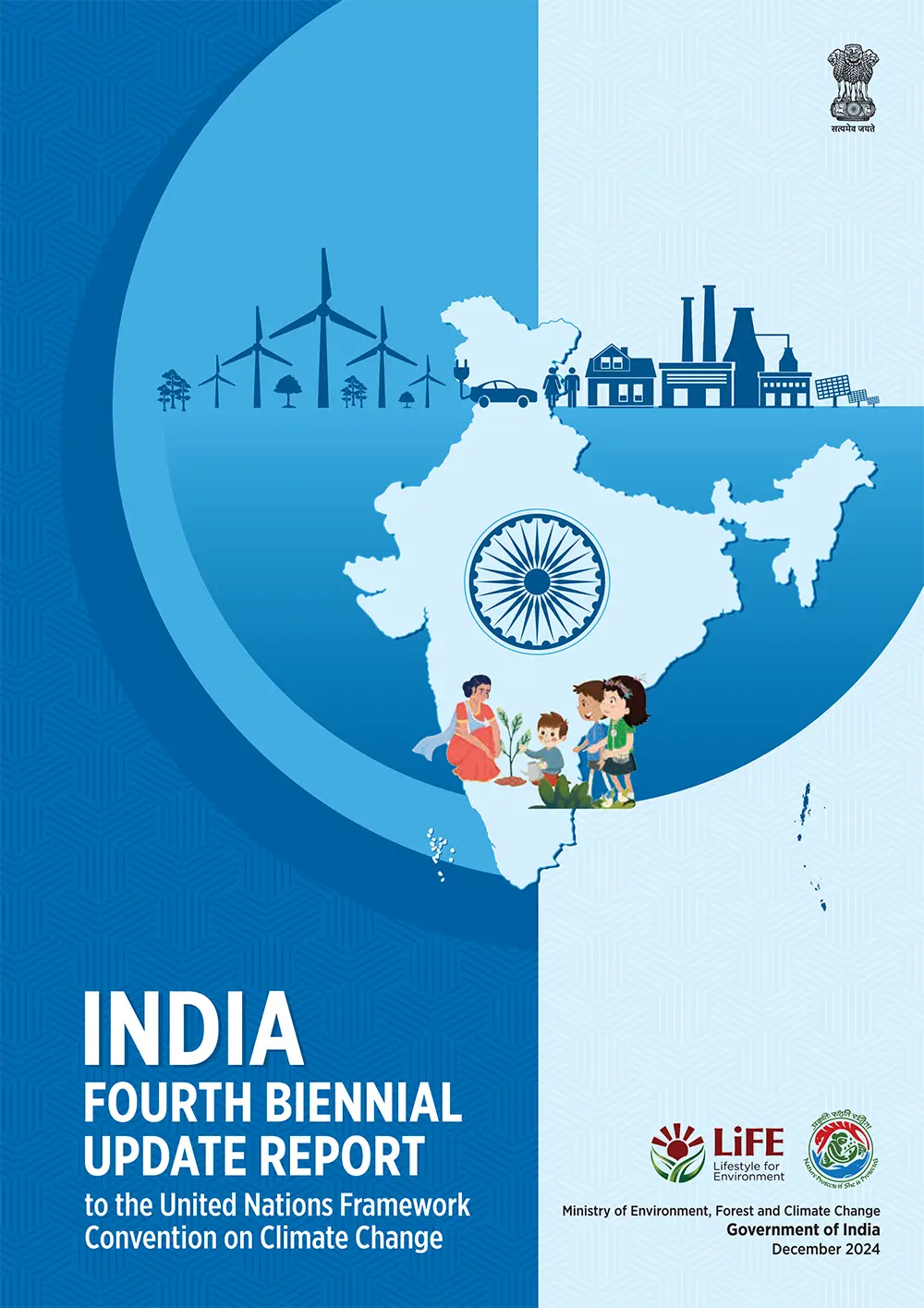
India submitted fourth Biennial Update Report (BUR) to UNFCCC in December 2024
“BUR” stands for “Biennial Update Report” and in the context of India, it refers to the country’s latest submission to the United Nations Framework Convention on Climate Change (UNFCCC), detailing its climate actions, emission reductions, and progress towards achieving its climate commitments; currently, India is reported to have submitted its 4th BUR, highlighting a significant reduction in greenhouse gas emissions compared to 2019, with the energy sector remaining the largest contributor to emissions. For details, read India’s BUR-4 at https://unfccc.int/documents/645149. Download – More Details Decarbonising India – Potential for Electrification across India’s Economy & Assessment of Electricity Needs
Decarbonising India – Potential for Electrification across India’s Economy & Assessment of Electricity Needs
Download – More Details
 An IPCC Special Report on the impacts of global warming of 1.5°C above pre-industrial levels and related global greenhouse gas emission pathways, in the context of strengthening the global response to the threat of climate change, sustainable development, and efforts to eradicate poverty
An IPCC Special Report on the impacts of global warming of 1.5°C above pre-industrial levels and related global greenhouse gas emission pathways, in the context of strengthening the global response to the threat of climate change, sustainable development, and efforts to eradicate poverty
Download – More Details
 Compendium of WHO and other UN guidance on health and environment
Compendium of WHO and other UN guidance on health and environment
Download – More Details
 United Nations Secretary-General’s Call to Action on Extreme Heat
United Nations Secretary-General’s Call to Action on Extreme Heat
Download – More Details
News and Insights
India Welcomes Key Outcomes at UNFCCC CoP30; Reaffirms Commitment to Equity and Climate Justice
- November 22, 2025
- Com 0
India welcomed the key outcomes of the UNFCCC CoP30 at the Closing Plenary in Belém,...
Long-term actions rare, poorly targeted to deal with heatwaves in Indian cities: Report
- March 19, 2025
- Com 0
A study by the Sustainable Futures Collaborative (SFC) on heatwave preparedness in nine Indian cities—including...
Safety in circularity – Reusing Treated Wastewater to Address India’s Water Crisis
- March 17, 2025
- Com 0
India is classified as a “water-stressed” nation, with per capita freshwater availability below 1,700 cubic...
Building sector emissions stall for first time since 2020, but progress remains slow
- March 17, 2025
- Com 0
A new UNEP report reveals that emissions from the building and construction sector remained stable...
Amazon forest felled to build road for climate summit
- March 13, 2025
- Com 0
A new four-lane highway is being constructed through protected Amazon rainforest near Belém, Brazil, to...
Trump administration claws back $20 billion in climate funds
- March 12, 2025
- Com 0
The Trump administration has rescinded $20 billion in funding allocated for greenhouse gas reduction projects,...
Trump Ends US Initiative to Boost Renewable Energy Projects, Electricity in Africa
- February 28, 2025
- Com 0
The Trump administration has ended Power Africa, a US-led initiative launched by former President Barack...
Governments Expected to Agree on World’s First Levy on Shipping Emissions at Upcoming IMO Meeting
- February 14, 2025
- Com 0
At the upcoming International Maritime Organization (IMO) meeting in London, countries are expected to finalize...
Paris Agreement’s 1.5C Threshold Breach Could Come ‘Earlier Than Expected’, Scientists Warn
- February 11, 2025
- Com 0
Two new studies published in Nature Climate Change suggest that the world may have already...
UN Climate Talks ‘No Longer Fit for Purpose’ Say Key Experts
- November 15, 2024
- Com 0
Key climate experts, including former UN Secretary-General Ban Ki-moon and former UN climate chief Christiana...
Almost Everyone in India Vulnerable to Climate Change Impacts; Need for Concerted Efforts: Dr. Soumya Swaminathan
- November 15, 2024
- Com 0
At COP29, Dr. Soumya Swaminathan, former WHO chief scientist, emphasized the widespread vulnerability of Indians...
Delhi Chokes as Air Pollution Turns ‘Severe’
- November 13, 2024
- Com 0
Delhi’s air quality has reached severe levels, with pollution over 30 times the safe limit...
Tropical Rainforests can Survive Global Warming: Study by IIT-CU-Ontario University
- November 13, 2024
- Com 0
Researchers from IIT Kharagpur, Calcutta University, and the University of Western Ontario found that tropical...
Rise in Nitrous Oxide Emissions Endangers Pathway to 1.5°C, The Ozone Layer, and Human Health
- November 12, 2024
- Com 0
A new UN Global Nitrous Oxide (N₂O) Assessment highlights the urgent need to address rising...
COP29 Agrees International Carbon Market Standards
- November 12, 2024
- Com 0
At COP29 in Baku, Azerbaijan, global leaders made significant strides in climate action, agreeing on...
Coal to stay as major source of energy in foreseeable future: Joshi
- November 28, 2022
- Com 0
Responding to a Parliament question, Coal Minister Prahlad Joshi informed that coal will stay as...
Addressing Climate Change is Good for Business
- January 10, 2022
- Com 0
India is already facing challenges of water shortages, food security issues, loss of development dividends...
Climate Change: The world depends on a low-carbon India
- January 10, 2022
- Com 0
Between now and 2027, India is set to become the world’s most populous country. No...
Green Home to Fight Environmental Degradation: To Achieve Sustainable Development Goals
- January 10, 2022
- Com 0
With the aim to achieve energy efficiency, effective waste management, and ensure that minimum stress...
Past events
3 – 13 May, 2025
Innovations for a Sustainable Future: International Industrial visit to Germany on Low-Carbon Technologies
April – June 2025
Pilot studies and capacity building using Assessment Frameworks (AFs) for measuring climate co-benefits of sustainable initiatives of PSEs like Urban…
April – June 2025
Focused Group Discissions (FGDs) on the Draft Assessment Frameworks (DAFs) for measuring climate co-benefits of sustainable initiatives of PSEs like…
20th January 2025 onwards
A self paced online Advance Course on Climate Change and Climate Action for PSEs
12 March 2024
SCOPE Convention Centre, New Delhi National workshop on “Decarbonisation of India’s Public Sector Enterprises and the Role of Green Hydrogen”
- New Delhi
23-24 July 2024
SCOPE Convention Centre, New Delhi Northern Regional Workshop on “The Role of Climate Co-Benefit Methodologies for Strengthening Climate Action by…
- New Delhi
Upcoming events
February 20, 2026
Regional Workshop on Leadership Group for Industry Transition (LeadIT): Advancing Low-Carbon Pathways for Industry Date: February 20, 2026 Location: Lemon…
Top Categories
Consectetur adipiscing elit sed do eiusmod tempor incididunt ut labore et dolore
Pick A Course To Get Started
Starting SEO as your Home Based Business
Lorem ipsum dolor sit amet consectur adipiscing elit, sed do eiusmod tempor incididunt ut labore et dolore magna aliqua. Ut...
- 0 Lessons
- 225 Students
Grow Personal Financial Security Thinking & Principles
- 0 Lessons
- 70 Students
Grow Personal Financial Security Thinking & Principles
Lorem ipsum dolor sit amet consectur adipiscing elit, sed do eiusmod tempor incididunt ut labore et dolore magna aliqua. Ut...
- 0 Lessons
- 70 Students
The Complete Guide to Build RESTful API Application
- 0 Lessons
- 15 Students
The Complete Guide to Build RESTful API Application
Lorem ipsum dolor sit amet consectur adipiscing elit, sed do eiusmod tempor incididunt ut labore et dolore magna aliqua. Ut...
- 0 Lessons
- 15 Students
Competitive Strategy Law for Management Consultants
- 0 Lessons
- 360 Students
Competitive Strategy Law for Management Consultants
Lorem ipsum dolor sit amet consectur adipiscing elit, sed do eiusmod tempor incididunt ut labore et dolore magna aliqua. Ut...
- 0 Lessons
- 360 Students
Student Enrolled
CLASS COMPLETED
TOP INSTRUCTORS
SATISFACTION RATE
What Our Students Have To Say

Lorem ipsum dolor amet consec tur elit adicing sed do usmod zx tempor enim minim veniam quis nostrud exer citation.
Bob Limones
Student
Lorem ipsum dolor amet consec tur elit adicing sed do usmod zx tempor enim minim veniam quis nostrud exer citation.
David Owens
Designer
Lorem ipsum dolor amet consec tur elit adicing sed do usmod zx tempor enim minim veniam quis nostrud exer citation.
Tom Hurley
Content Creator
Lorem ipsum dolor amet consec tur elit adicing sed do usmod zx tempor enim minim veniam quis nostrud exer citation.
Robert Lane
DeveloperCourse Instructors
Jane Seymour
UI DesignerEdward Norton
Web DeveloperPenelope Cruz
Digital MarketerJohn Travolta
WordPress ExpertGet Your Quality Skills Certificate
Through EduBlink
Learn with Our Partners










